Region
Thompson Shuswap
Soil is a finite resource - here are a few things you can do to conserve our soil
Feed your soil with organic matter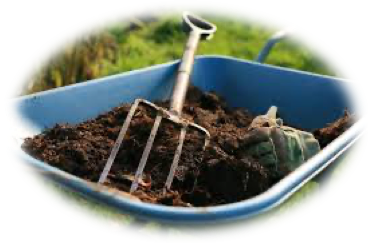
- Layer on top – do not dig in
- Compost; leaves; mushroom manure; aged/dried animal manure; humus
- Fall is a good time to add organic matter because it will decompose over the winter
Protect your soil with organic mulching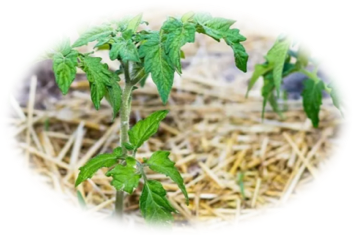
- Organic mulches help retain soil moisture; moderate seasonal temperature extremes; lessen weed growth; add nutrients; retain rainwater and mild runoff.
Avoid soil compaction – tread with care
- Soil compaction leads to poor water infiltration, runoff, erosion, and ponding in your
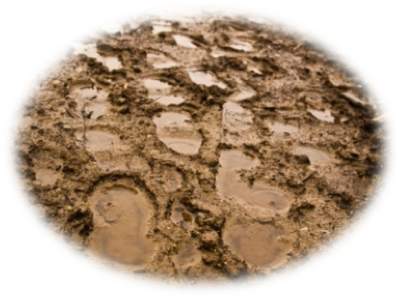 garden. It results from too much foot traffic, use of heavy equipment and other heavy loads, especially when the soil is wet or saturated.
garden. It results from too much foot traffic, use of heavy equipment and other heavy loads, especially when the soil is wet or saturated. - WAIT until garden soil is relatively DRY in the spring before digging, planting, and stepping on it.
Conduct a soil test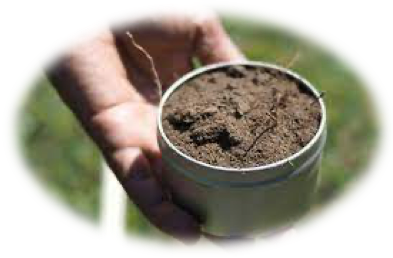
A balance of available nutrients is essential for optimal plant growth. The only way to know for sure is to conduct a soil test.
Avoid pesticide use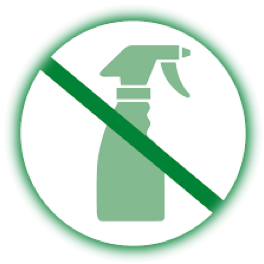
- Well-tended gardens don’t typically need pesticides. It’s NORMAL to see insects on outdoor garden plants and most do no or little damage. For most pests, a COUNTERPART BENEFICIAL INSECT is looking to gobble it!
- Spraying pesticides needlessly can KILL beneficial insects, including pollinators.
Source:
https://extension.psu.edu/practical-tips-for-healthy-soil-in-a-home-garden
PDF
| Attachment | Size |
|---|---|
| 10 HOW TO IMPROVE SOIL_0.pdf | 7.07 MB |